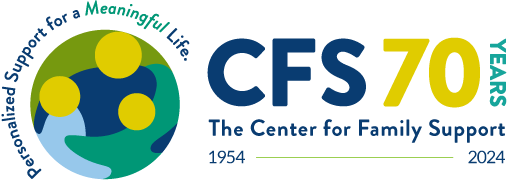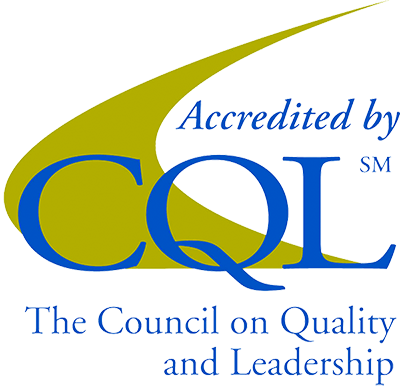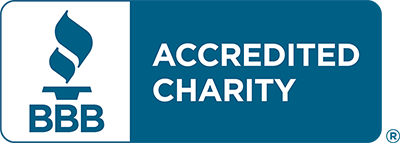Children with autism can lead happy and fulfilled lives when they have people helping them and teaching them proper life skills along the way. As children become older, it’s important to begin teaching these children how to take care of themselves, essential life skills, and how to interact with the rest of the world.
Personal Care
Individuals with autism may have trouble taking care of themselves. This is because they are usually not self-aware, so personal care routines are not a high priority in their lives. This means that parents and teachers should take the time to patiently teach children personal hygiene routines, nutrition, exercise, and how to deal with illnesses and stress.
Care-givers should teach these skills step by step, so that children can slowly learn the routine. Taking it slowly and breaking down the steps on how to brush their teeth, take showers, and groom themselves will help them eventually accomplish these routines on their own. A detailed plan with a task chart can show them their progress as they complete each task.
Social Skills
Social cues are easy for children with autism to miss. They are usually unaware of the best way to communicate with others and cultivating friendships does not come naturally. Parents and teachers should slowly teach them how to talk to people.
This can include letting them take the lead in conversations and having them ask people for items at the grocery store or at a restaurant. They can also ask for directions, say hello to people, and have small conversations with others. Over time, they will be able to understand how to communicate with others, which is vital to living an independent life.
Safety Skills
It may not register in an autistic child’s mind to avoid a stranger or to follow traffic signs. They may not understand danger in the same way that other people do. This can be harmful when they find themselves in a hazardous situation. Therefore, it’s necessary to teach these rules so they can avoid potentially dangerous circumstances. Not only do they need to know traffic safety signs in public and busy areas, they should also know what to do in case of an emergency.
Calling 911 in a dangerous event, locking the door when leaving the house, and understanding what to do in case of a natural disaster such as storms or earthquakes are all important safety skills to teach an autistic child.
Home Chores
Practical living skills include knowing how to do chores and accomplishing daily tasks. This is essential as children are growing and are on their way to adulthood.
Take your time in teaching them how to do simple chores such as washing the dishes, folding laundry, making the bed, and cleaning up after themselves. At school, teachers can teach them how to organize their items and keep their belongings clean.
Breaking down the steps and letting them be comfortable performing chores will help them gain confidence. As they begin to understand chores, rotate the tasks so they continue to experience different things. Eventually, they’ll be able to accomplish these chores on their own, which will be important in establishing independence in their adult lives.
Transportation
Transportation can be nerve-wracking for anyone in an unfamiliar city. Helping children with autism learn their way around the city and how to use public transportation will be useful when they need to travel on their own.
Show them around the neighborhood and frequently visited areas. Teach them about vehicle and pedestrian signs and how to use buses and trains. Let them know how to use bus passes and buy train tickets. This will help them learn important life skills on how to navigate the world.
As long as parents and teachers have patience and understanding, children with autism can learn all these skills and flourish on their own.







